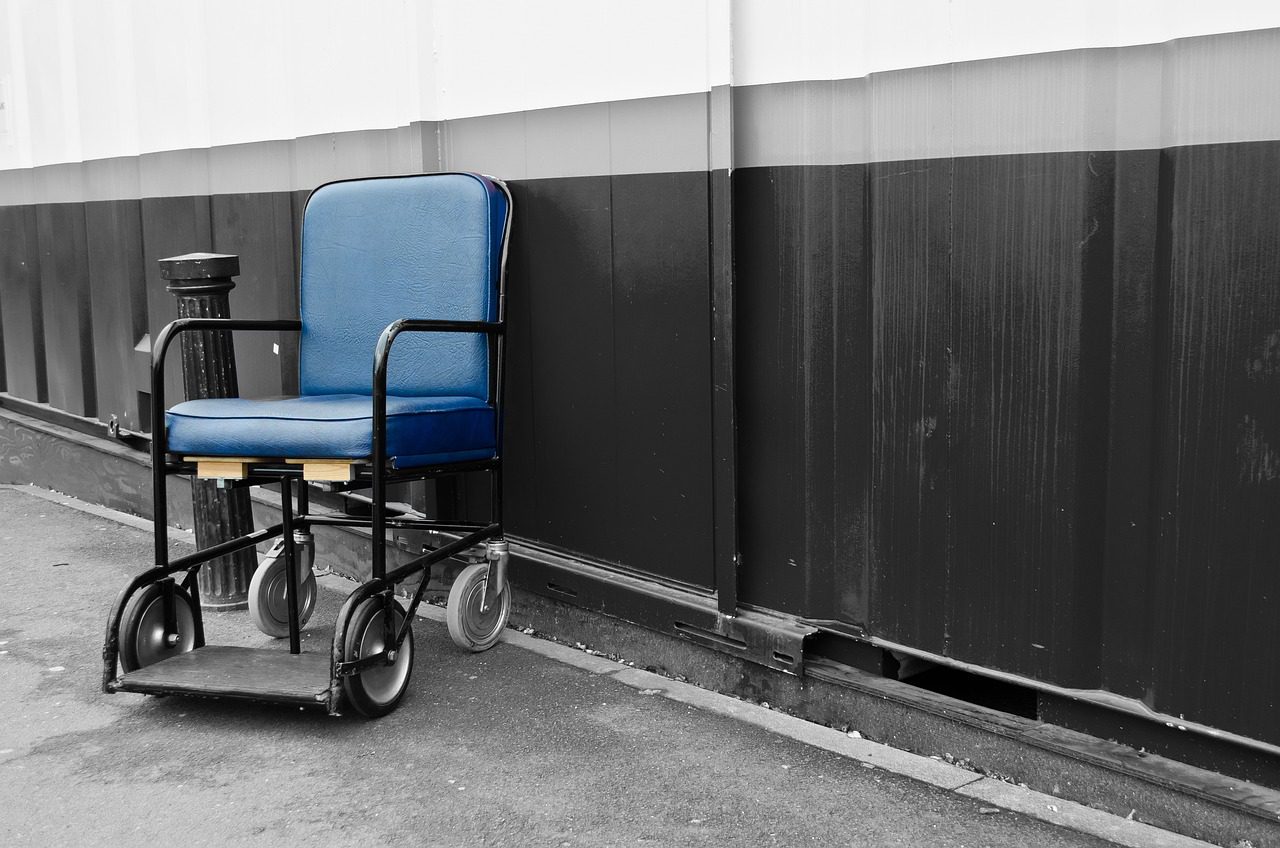
The last fortnight has seen some of the most drastic action taken in regard to the lingering injustices and inequalities surrounding black people. The Black Lives Matter (BLM) movement has mobilized public opinion and those of governments en masse, its central unifying principle that inequality has no place in the modern world. The hereditary injustice born out of the original sin of slavery has been oft highlighted, though with one striking exception: The 40 million souls that remain enslaved.
One in every 200 people remains essentially a slave. Whether forced to work by debt bondage, the forced labor of children, indentured domestic service or victims who are forced to work through violence, modern-day slavery is rife. The now-familiar sight of African migrants bought and sold in the slave markets of post-Qaddafi Libya fails to explain the extent of this very modern of tragedies.
Slavery is by no means a problem confined to the developing world. It is thought that 13,000 work against their will in the UK and a further 129,000 in France, but the vast majority — a striking two-thirds — are in Asia. Largescale industries such as fishing and agricultural production, which have grown significantly to meet the exponential demand of large urban populations, are the mainstay of the modern-day slave trade.
Victims are promised jobs and salaries, only to find themselves tied into professions from which they cannot escape without pain of death or injury. In the West, young women trafficked from Eastern Europe are forced into the sex trade with little hope of ever earning enough to buy their freedom. It is estimated that as many as 3,000 Vietnamese children work in British cannabis farms and beauty parlors, with local authorities seeming far too often to be too little aware.
The BLM campaign has drawn light upon a more harrowing and concerning method of state-sponsored slavery that has taken place alongside the exponential growth of the US prison population. The US boasts over a quarter of the global prison population, but the more shocking statistic is in the role of this population in supporting America’s biggest brands. Whether Gillette razors, Oral-B toothbrushes or the Pepsi-Cola that graces tables worldwide, an alarming list of everyday products are produced through prison labor.
From the perspective of corrective activity, some form of labor is essential, but questions arise when the state has quietly encouraged the incarceration of African Americans for the purpose of providing free labor. The companies in question, which read like a who’s who of leading global brands, are complicit in a system that they have perpetuated through lobbying while they continue to spectacularly profit from the low or non-existent cost of labor.
Incredibly, little is being done about this by the international community. Given the huge amount of effort by abolitionists, and subsequently charities and museums, to raise awareness about historic slavery, the modern tragedy remains muted.
It is estimated that 13 million souls were captured and transported as slaves between the 15th and 19th centuries, a fraction of the millions today who remain under lock and key. According to the latest figures published by the UN International Labour Organization (ILO), a figure three times that of the transatlantic slave trade remain enslaved to this day.
In a world that boasts triumphs of virtual communication, space travel and now, more importantly, the most geographically expansive civil rights movements in history, the plight of modern-day slaves is not a blight but an embarrassment.
Zaid M. Belbagi
Women bear the brunt of these chilling statistics. A further 15 million women worldwide are thought to be in forced marriages, often working against their will with very little option for escape. A further 5 million of those in forced labor are thought to be victims of sexual exploitation and in a system that is self-perpetuating. In many countries, children born to slave mothers have no option but to become slaves themselves.
In a world that boasts triumphs of virtual communication, space travel and now, more importantly, the most geographically expansive civil rights movements in history, the plight of modern-day slaves is not a blight but an embarrassment.
The ILO statistics refer specifically to those laboring without payment. A broader look at those working in “slave-like conditions” makes the estimate even larger, with millions in North Korea, Afghanistan, Cambodia and elsewhere laboring in conditions that cannot be truly considered free.
Campaigning against such conditions is of course not without opposition. The trade in human lives, and the revenue generated through free labor, are thought to be big business, more than a third of which is generated in the developing world.
With this, and the labor drawn from mass incarceration in American jails, campaigning against this issue is by no means straightforward. Only through a complete change in attitudes and the efficient allocation of aid, so as to discourage unjust practices, can this shameful custom be brought to an end.
Zaid M. Belbagi is a political commentator, and an adviser to private clients between London and the Gulf Cooperation Council. Twitter: @Moulay_Zaid
Disclaimer: Views expressed by writers in this section are their own and do not necessarily reflect Arab News" point-of-view












